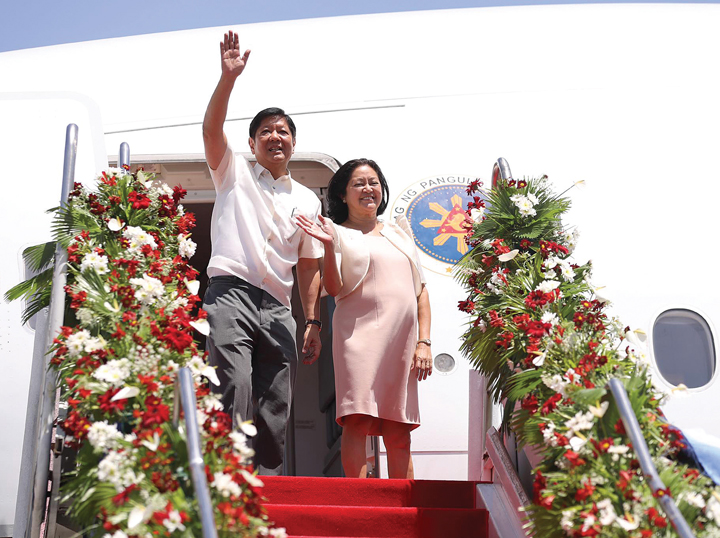A LAWYERS’ group on Tuesday asked the Supreme Court to immediately act on the 37 petitions filed before it seeking to declare as unconstitutional the Anti-Terrorism Law (ATL) following the issuance of its implementing rules and regulations.
The Public Interest Law Center said with Republic Act 11479 or ATL’s IRR already available, it “sets the State’s draconian powers in full throttle.”
“We entreat the Supreme Court to quickly act on the petitions before it, including ours filed by members of the religious community who are presently and actually being charged in courts today for daring to speak and work against government’s anti-people policies. Every day that passes with this law in place, is a day spent in terror and unjustness,” the PILC said in a statement.
The group claimed that the IRR “wrongly empowers” the government’s Anti-Terrorism Council (ATC) to detain and name persons suspected of committing “terrorist acts” since it is vaguely defined.
“Arrest now. Get authorization later. The IRR makes this worse. Section 9.1 of the IRR allows any law enforcement officer to arrest a suspect even without prior written authorization from the ATC. It is like giving the police a blank check where they can list any person they choose to arrest,” the lawyer’s group said.
It added the written authorization can be obtained after the arrest, as the IRR provides, reveals its irrelevance and that it is merely meant to deceive the public.
The PILC pointed out that the ATC is part of the Executive Department and not a court of law, yet it can be used to call activists as “terrorists” and could conjure alleged ouster plots by the opposition.
Meanwhile, Integrated Bar of the Philippines (IBP) president Domingo Egon Cayosa also echoed the need for the SC to act on the petitions assailing the ATA’s constitutionality.
Cayosa expressed belief that the controversial law would affect not only terrorists but also the media and other groups.
“They (SC) can hopefully proceed with it and decide on it on the merits. This is important because this law is not just for terrorists, it affects everyone like the media and other groups,” he stressed.
He also insisted that the law would undermine the people’s exercise of their rights guaranteed under the Constitution such as right to liberty, property, freedom of expression, freedom of the press and then equal protection of the laws.
Image credits: Npnoy Lacza




































